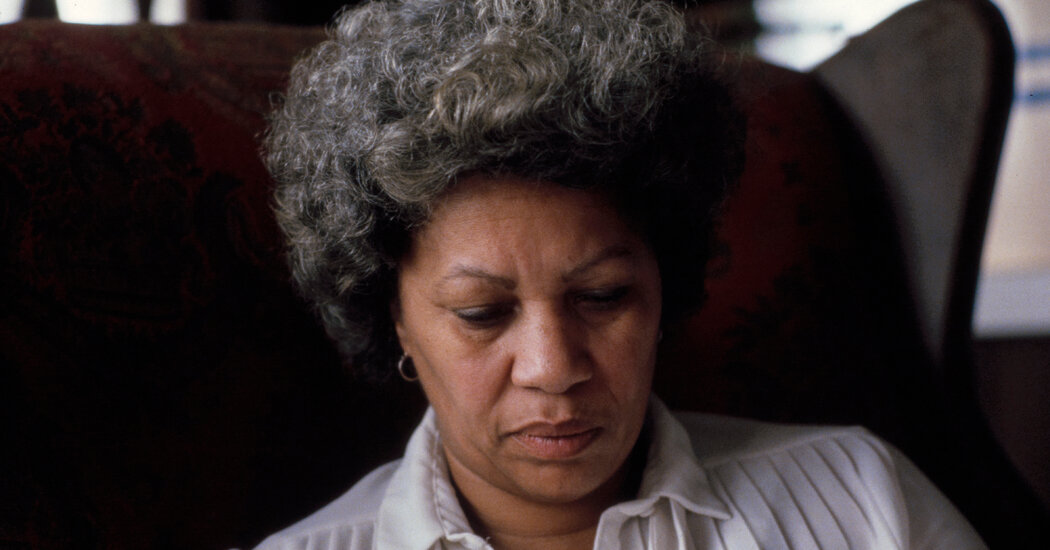
African American literature is both a passion and a vocation for Griffin, who is the inaugural chair of the African American and African diaspora studies department at Columbia, as well as the director of its institute for African American studies and a professor of English. Her expertise is evident — sometimes too much so — as she transitions from straightforward memoir to scholarship, presenting a litany of reading that feels drawn directly from her syllabuses. Occasionally, passages read as if they are transcribed from a lecture. And, while Griffin’s quick detour into music stirs up nostalgia for those of us familiar with 1970s R & B, one has the sense that it was perhaps more rewarding for her to write than it is to read.
Shortcomings aside, a book like “Read Until You Understand” takes courage to produce. Griffin tackles two challenges: How do you contextualize, in your own voice, the work of literary giants? Any sentence you put within striking distance of one by Jesmyn Ward is likely to be underwhelming. And how do you invest the reader in a memoir of foundational moments of your life as a scholar that ultimately reveals little about who you became?
The book does include flashes of brilliance. “I remember one of their filthy shoes on my mother’s white sheets,” Griffin writes of the white policemen who took her father to be treated after his stroke. “I heard the crack of the bed frame as a foot landed on the mattress and they began to lift him.” This evocative imagery foreshadows the emotional wreckage that upends the household and provides a riveting segue into a reflection on mercy through the writings of Wheatley, Morrison and Charles Chesnutt.
Nowhere is this brilliance more apparent than in the chapter on death, not a small topic, and one that has of course been taken up by writers over millenniums.
“He was there on Friday night, and then he was not,” Griffin writes of her father. Her unadorned rhythm and tone plunge us into the nightmare of losing a parent. Perhaps this is one of the strongest chapters because Griffin is so acquainted with death, having lost a sister and three of her sister’s four children. “Everyone dies,” she writes. “But Black death in America is too often premature, violent, spectacular. The particular nature of Black death haunts Black writing, as it haunts the nation.”
In examining Ta-Nehisi Coates’s writing about the death of a college friend in “Between the World and Me,” Griffin notes: “Prince Jones is the literary son of Ralph Ellison’s fictional Tod Clifton. Separated by more than half a century, both are beautiful, charismatic and promising. Both are shot down by police.”
Her writing about love is equally evocative. She introduces the subject by telling the sad but sweet story of her parents’ love, then moves on to James Baldwin: “He does not romanticize Black life or the conditions under which Black people love each other. In fact, he explains them in harsh and unrelenting detail. These circumstances are what make love all the more profound, as miraculous as it is quotidian.”
Griffin’s evangelizing of Black literature does what the best sermons do: It sends you back to Scripture — Baldwin, Coates, Morrison, David Walker and others — to discover or rediscover them, to ponder and treasure them anew.




